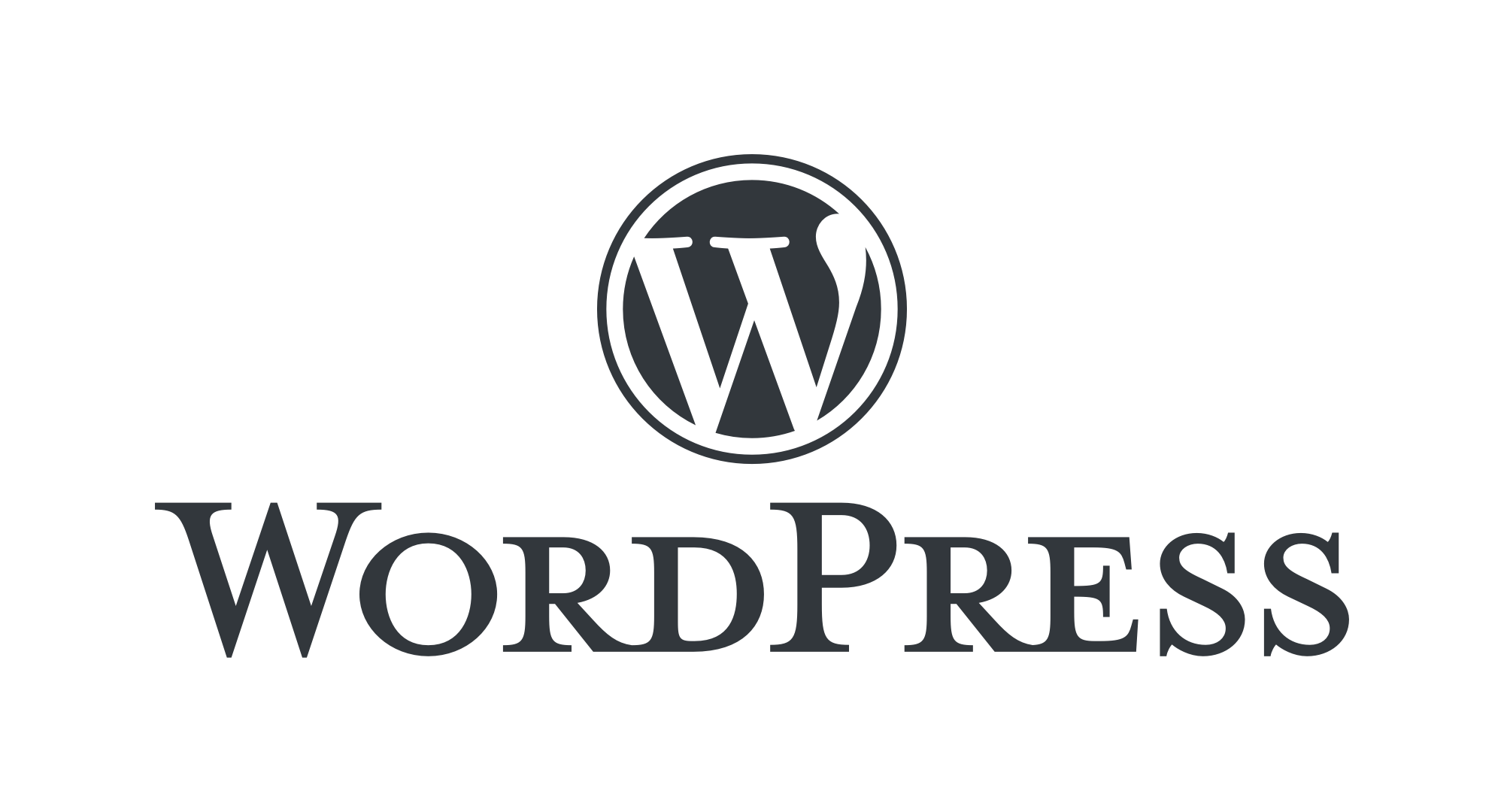What Is WordPress?

Did you know every sixty-seconds, 380 new websites are built on the Internet? (a HUGE thanks to WordPress).
That’s partly due to the wide-range of built-for-you designs and templates that Wix, Shopify, Squarespace, and more have optimized. The simplicity of picking out a pre-designed theme and plugging in a few catchy phrases is all it takes to get a semi-decent looking website up and running.
Each of these platforms has specific benefits and caters to individuals on an entire spectrum of technical savviness. Wix gets frequent praise by entry-level users, and Squarespace has built a reputation for its professionally designed templates. Luckily, WordPress has the best of both worlds.
This drag and drop solution has provided a gateway of new opportunities for bloggers, designers, and entrepreneurs to have their work, portfolio, or business established in a matter of days. While some are perfectly happy settling for a standard themed template, there lies an entire realm of designers with an advanced technical prowess ready to customize your site.
However, you should know that anyone can learn how to operate on an open-source* platform. As the founder of Angel List pointed out, it’s a matter of one’s willingness to learn! How does WordPress separate itself from other platforms? It’s open-source capabilities and a notable content management system (CMS)*.
*Open Source: Software in which the original source code is freely available for redistribution and modification.
*Content Management System: With WordPress, users have full control over the files, documents, designs, and display of the content. You don’t have to know a single line of code to publish content using WordPress.
WordPress 101
If you’re eager to learn how to build a website through WordPress, you’re not exactly joining a niche group. WordPress hosts roughly 35% of all websites built on the Internet. While users sometimes associate WordPress with a prerequisite to understanding computer programming, this isn’t true.
The site offers ready-to-use themes and plugins while its open-source platform is used by new and experienced developers. They have attracted a community of developers on their platform while promoting collaboration and inclusivity. WordPress prioritizes both performance and security.
WordPress Beginnings
The creative folks behind WordPress name all of their major software updates after major jazz artists. The gist of the story is that in 2003, Mike Little and Matt Mullenweg decided to fork off of the original software from b2/cafelog. They were looking to build something more personal and elegant. A publishing site that was flexible and would enable users to add and alter code. Fifteen years and twenty-some upgrades later, a third of the Internet now relies on WordPress. Pretty groovy!

How It Works
What makes WordPress unique is that anyone is freely licensed to use, copy, study, and change the software in any way. The source code is openly shared so people are encouraged to voluntarily improve the design of the software. While it started out as a blog, it has grown into a full-blown CMS and is now used to manage and build all kinds of websites. Another notable feature is beginner-friendly admin dashboard. Users can choose between themes, various plugins, and can enable multiple users.
Future Outlook
Not only does WordPress have six major updates planned in the next two years, but the developers also have their eyes set on the big picture. The four main pillars of improvement include easier-editing, customization, collaboration, and multilingual use.
Conclusion
WordPress’ growth is the result of the branded popularity of a collaborative and forward-thinking platform and clear dominance of web addresses. By the time you’ve finished reading this post, thousands of new posts will have been published to the site alone! Then again, an astounding quantitative fact on the Internet today will be history tomorrow.
Regardless, the best time to start your website? Right now!

